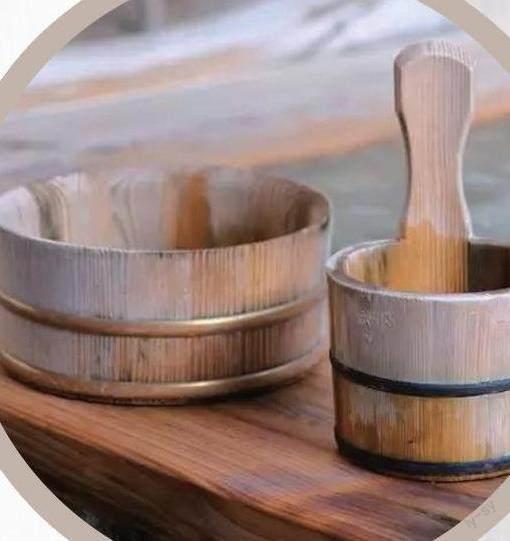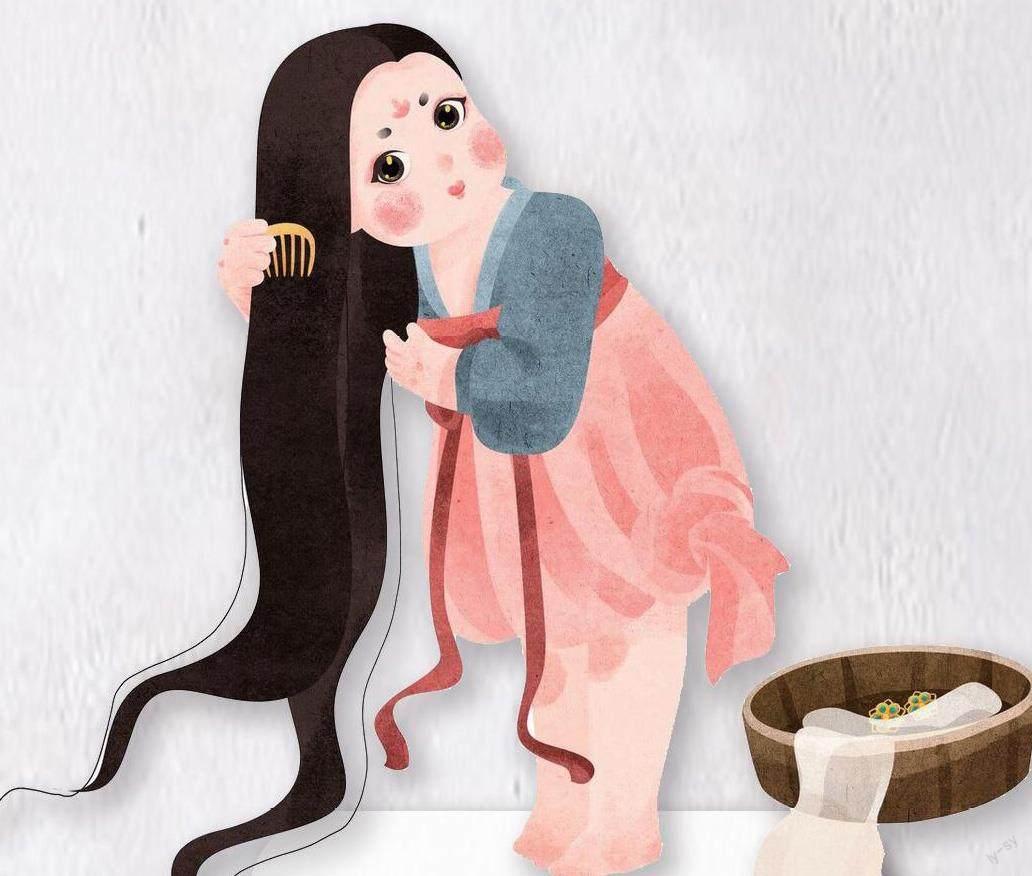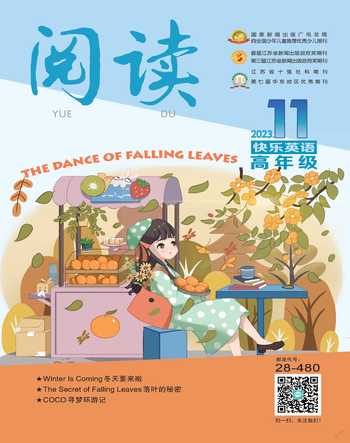Were There Weekends in the Past?古人也过周末吗
蓓儿



We have lots of fun at weekends. Did people in ancient China also enjoy themselves? Sadly, ancient Chinese people did not use the weekly calendar, so they did not have weekends. But they could still relax after work.
During the Han Dynasty, officials took one day off every five days. During the Tang Dynasty, officials worked for ten days and rested for one day. What did they do on that day? The answer is surprising. They bathed and washed their hair!
Ancient Chinese people had long hair. They also wore heavy clothes. They needed to clean themselves often so they wouldnt get sick. Bathing was also a way to show politeness. It was said that Confucius always took a shower before meeting people.
But boiling water took a long time. And there were no hair dryers. People waited a long time for their hair to dry. Thats why they needed to take a day off.
ancient /?e?n??nt/ adj.古代的
weekly /?wi∶kli/ adj.每周的
calendar /?k?l?nd?(r)/ n.日歷
Han Dynasty汉朝
dynasty /?da?n?sti/ n.朝代
official /??f??(?)l/ n.官员
take a/one day off休一天假
wear /we?(r)/ v.穿(过去式:wore)
bathing /?be????/ n.沐浴
politeness /p??la?tnIs/ n.礼貌
Confucius /k?n?fju∶??s/ n.孔子
boil /b??l/ v.烧,煮
hair dryer吹风机
There were many public holidays in ancient times, such as Spring Festival and Mid-Autumn Festival. During the Song Dynasty, officials rested for over 100 days every year! People spent the holidays with family and friends. They ate a big meal and went hiking.
People like students and farmers had to work most of the year. But even the hardest-working people would take a few days off during Spring Festival.
An official in Han Dynasty took a day off on November 15. His next holiday will be on ____________.
A. Oct. 20 B. Oct. 21 C. Oct. 22
public /?p?bl?k/ adj.公共的
go hiking去爬山
like介词,像
hardest-working最勤劳的

